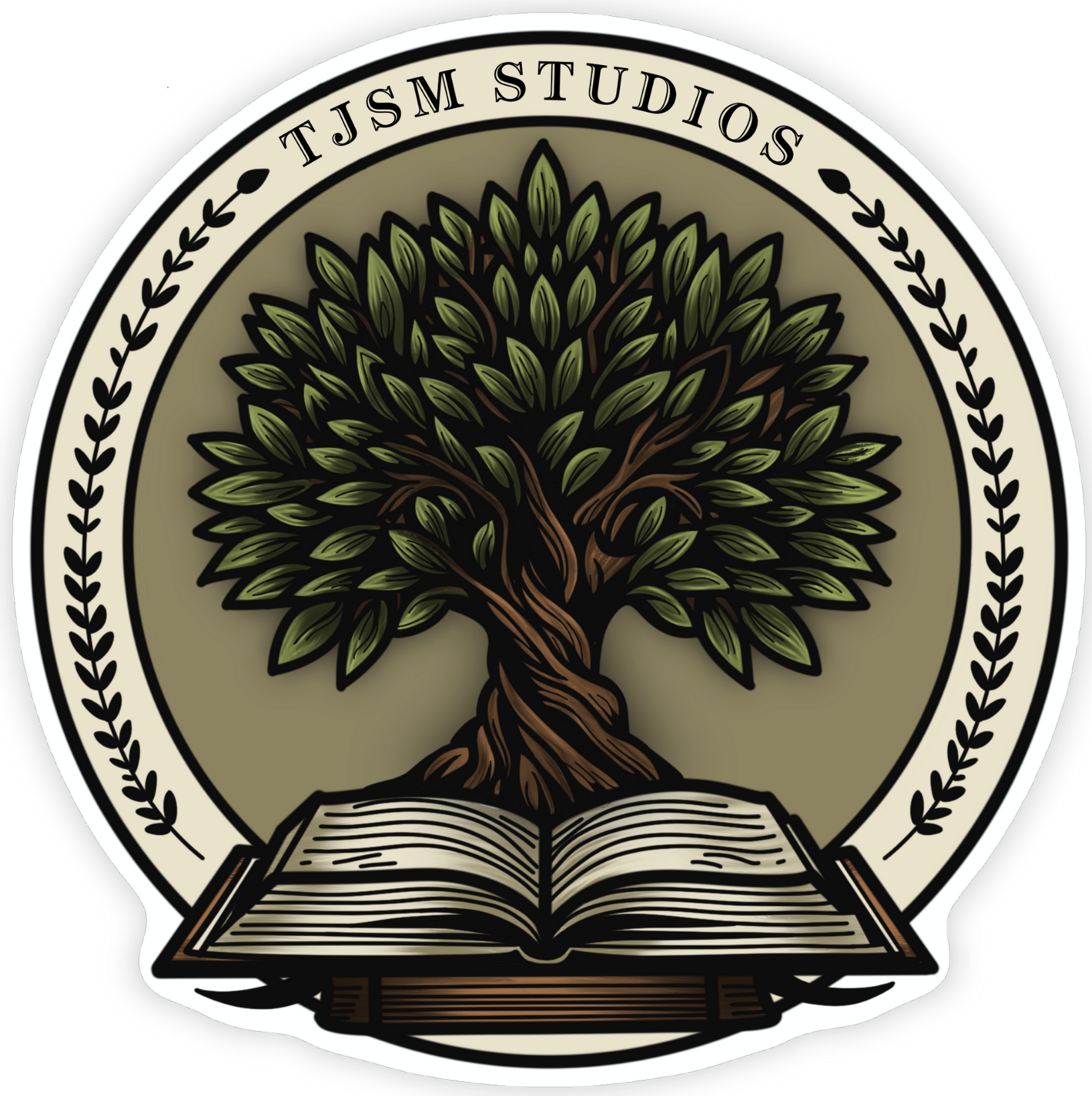As an Amazon Associate I earn from qualifying purchases.

Have you ever felt overwhelmed by your thoughts, struggling to make sense of your emotions, or simply wished for a way to capture life’s meaningful moments? Enter journaling – a powerful practice that’s been transforming lives for centuries, yet remains surprisingly relevant in our fast-paced digital world. Whether you’re seeking mental clarity, emotional balance, or simply a space to explore your creativity, journaling offers a unique and personal pathway to self-discovery. In this guide, we’ll explore everything you need to know about starting your own journaling practice and unlocking its life-changing benefits.
What is Journaling? Understanding the Basics
Defining Modern Journaling
Forget everything you know about “Dear Diary” entries from your teenage years. Modern journaling has evolved into something far more versatile and powerful. At its core, journaling is simply the practice of regular, intentional writing to explore thoughts, feelings, and experiences. But today’s journaling encompasses everything from structured gratitude practices to creative brain dumps, from goal-tracking systems to mindfulness exercises.
There’s no one-size-fits-all approach to journaling. Some people prefer stream-of-consciousness writing, letting their thoughts flow freely onto the page. Others thrive with structured formats like bullet journaling or prompted entries. What matters isn’t the specific method you choose, but rather the consistent practice of putting your thoughts into words.
Common misconceptions often hold people back from starting a journaling practice. Many believe they need to write pages every day or that their writing needs to be profound or perfectly crafted. The truth is, effective journaling can be as simple as jotting down a few bullet points about your day or spending five minutes reflecting on a specific question.
The Evolution of Journaling
The practice of keeping a journal dates back centuries, with historical figures like Leonardo da Vinci, Virginia Woolf, and Marie Curie all maintaining detailed journals. These weren’t just personal diaries – they were tools for processing thoughts, documenting discoveries, and working through complex ideas.
In today’s digital age, journaling has adapted to meet modern needs. While traditional paper journals remain popular, digital journaling apps offer features like searchability, multimedia integration, and cloud backup. Whether you prefer the tactile experience of pen and paper or the convenience of typing on your phone, there’s a journaling method that fits your lifestyle.
The Science-Backed Benefits of Journaling
Mental Health Benefits
Research consistently shows that regular journaling can significantly reduce stress and anxiety. The act of writing helps process difficult emotions and experiences, creating distance between you and your challenges. It’s like having a conversation with yourself – one where you can be completely honest without fear of judgment.
Through journaling, you develop greater self-awareness by tracking patterns in your thoughts and behaviors. This increased understanding helps you identify triggers, recognize unhealthy patterns, and make positive changes. Many people find that regular journaling helps them build emotional resilience, making it easier to handle life’s ups and downs.
Cognitive Advantages
The benefits of journaling extend beyond emotional well-being into cognitive function. Writing helps consolidate memories and improve learning retention – that’s why many successful students keep study journals. The act of writing engages different parts of your brain than typing or speaking, creating stronger neural connections and deeper understanding.
Regular journaling also enhances problem-solving abilities. When you write about challenges you’re facing, you often discover new perspectives and solutions you hadn’t considered before. Many creative professionals use journaling as a tool for idea generation and development, finding that the act of writing helps unlock their creativity.
Physical Health Connection
Surprisingly, journaling can even impact your physical health. Many people report improved sleep quality after establishing a regular journaling practice, particularly when they write before bed. This makes sense – writing helps clear your mind of racing thoughts and worries that might otherwise keep you awake.
The stress-reduction benefits of journaling can have far-reaching effects on physical health. Lower stress levels are associated with better immune function, reduced inflammation, and improved cardiovascular health. By helping you process and regulate emotions, journaling can also reduce the physical symptoms of stress and anxiety.
Getting Started: Your Journaling Journey
Choosing Your Method
The first step in starting your journaling practice is choosing a method that works for you. Consider your lifestyle, preferences, and goals. Do you enjoy the feel of pen on paper, or would you prefer the convenience of a digital format? Are you looking for a structured approach with prompts and templates, or do you prefer free-form writing?
Experiment with different styles and formats until you find what resonates. You might try bullet journaling for organization, gratitude journaling for mindfulness, or reflective journaling for personal growth. Remember, there’s no wrong way to journal – the best method is the one you’ll stick with.
Creating a Sustainable Practice
Start small and set realistic expectations. Five minutes of consistent journaling is better than an hour-long session once in a blue moon. Choose a specific time of day for your practice – perhaps first thing in the morning with your coffee, or just before bed as part of your wind-down routine.
Common obstacles like “I don’t have time” or “I don’t know what to write about” can be overcome with simple strategies. Keep your journal easily accessible, use prompts when you’re stuck, and remember that even brief entries count. The key is consistency, not perfection.
Conclusion
Journaling is more than just writing in a diary – it’s a powerful tool for personal growth, emotional well-being, and mental clarity. Whether you’re looking to reduce stress, enhance creativity, or simply understand yourself better, starting a journaling practice could be one of the most valuable investments you make in yourself.
Ready to begin your journaling journey? Start small – grab a notebook or open your favorite notes app, and spend just five minutes today writing about why you want to start journaling. Then, share your commitment in the comments below. Don’t forget to download our free ‘The Benefits of Journaling Checklist‘ to help you build momentum in your first 30 days!
